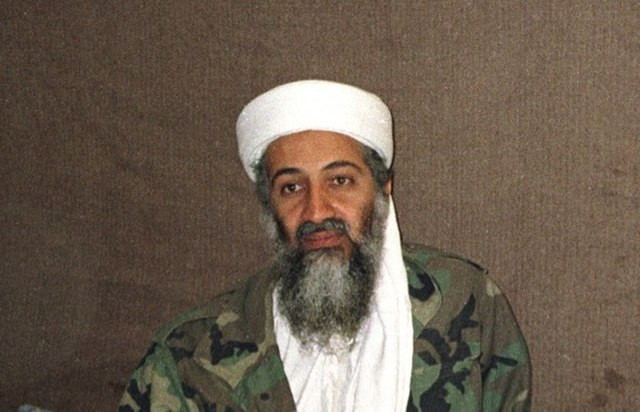A document penned by Osama bin Laden, infamously known as "Letter to America," has recently resurfaced on TikTok, sparking a wave of controversy and discussion among young Americans. The two-page letter, originally published by The Guardian in 2002, outlines bin Laden's condemnation of the United States and justifies the ideology behind the 9/11 attacks.
The letter's reappearance on social media, particularly on TikTok, has led to a surge in views and reactions. Some users have expressed shock and confusion, claiming that the letter challenges their perspectives on global affairs, including the Israel-Hamas conflict. The virality of the content is evident, with some TikTok clips related to the letter amassing over a million views each.
Lynette Adkins, an online influencer and pro-Palestinian activist, urged her TikTok followers to read bin Laden's letter, leading to her video receiving around 800,000 views and over 80,000 likes. Another user, known as raeyreads, posted the entire letter on her page, attracting over 640,000 views. These users describe experiencing an "existential crisis" and feeling disillusioned after reading the document.
The Guardian has removed "A Letter to America” by Osama Bin Laden because people around the world started to search for it, but you are stupid because nothing has been removed from the internet. Here we go with Bin Landen's letter.
#lettertoamerica #OsamaBinLaden pic.twitter.com/0Dxj6iGZzV — S A L E M || (@SALEM_GAZA_) November 16, 2023
In the letter, bin Laden criticizes the United States for its support of Israel and its role in the oppression of Palestinians. He argues that this support makes the American public complicit in the crimes committed against Muslims and Palestinians. The letter also contains antisemitic tropes, accusing Jews of controlling U.S. policies, media, and economy. The Guardian, which had hosted the letter on its website since 2002, removed the document amid the recent surge in social media attention. The publication stated that the transcript had been widely shared without full context, prompting the decision to direct readers to the original news article that contextualized it.
TikTok has now rehabilitated Osama Bin Laden. 9/11 was justified and an act of resistance, they say. Decolonization is a death cult. pic.twitter.com/germOD11IL — End Wokeness (@EndWokeness) November 16, 2023
Adkins, in a separate video, lauded TikTok as a platform for reliable information, claiming that it is "undoing" the programmed thinking of previous generations. This sentiment reflects a broader trend where social media platforms significantly influence young people's understanding and interpretation of historical and contemporary issues.
The resurgence of bin Laden's letter and its impact on social media highlight the complex relationship between historical documents, their interpretations, and the role of platforms like TikTok in shaping public discourse. It also underscores the importance of contextual understanding in interpreting such materials, especially given their sensitive and potentially misleading nature.




